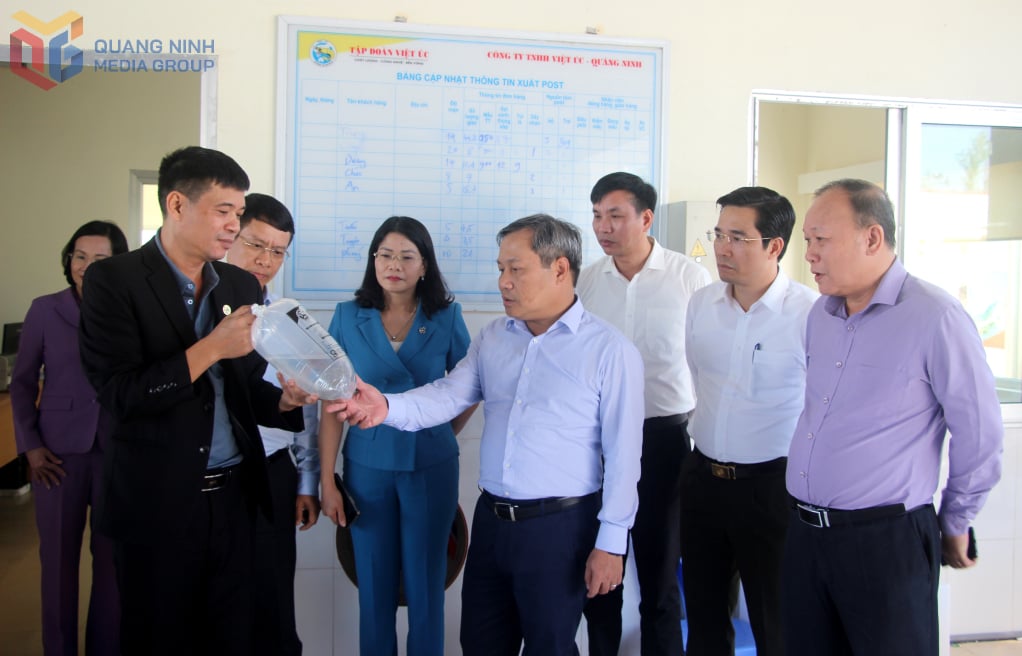
Resources from projects
Quang Ninh started from a low base, many years ago, the socio-economic situation, rural infrastructure as well as people's lives faced many difficulties. With the attention of the Central Government and the province for the disadvantaged areas, mountainous communes, border areas, islands, and ethnic minority areas of the province, this place has gradually "changed its skin", the material and spiritual life of the people has been greatly improved. That result is thanks to the timely policies of the Central Government and the province, especially in the implementation of Resolution No. 06-NQ/TU (dated May 17, 2021) of the Provincial Party Committee in conjunction with national target programs for socio-economic development of ethnic minority and mountainous areas. In particular, with the clear assignment and decentralization of responsibilities of departments, branches, sectors, district-level People's Committees, especially promoting the responsibility of leaders, infrastructure projects, focusing on dynamic transport infrastructure, inter-regional and intra-regional connections;Education , health, cultural, irrigation infrastructure... have been quickly invested in, completed, put into operation, and promoted effectively.
In the period of 2021-2025, the province will invest in repairing and upgrading 24 schools at all levels; support localities to invest in new schools according to high-quality criteria; complete and put into use 3 large medical facilities and upgrade provincial, district and grassroots medical facilities to better serve people's health care. Up to now, 100% of ethnic minority villages and hamlets have cultural houses. Mechanisms and policies, especially on health, education, culture, housing, electricity, domestic water, job creation, social credit, etc., have been built and implemented in a timely manner.
In the 2021-2025 period, the provincial budget's public investment capital alone directly supports localities in implementing national target programs, investing in 785 works and projects (301 transport projects; 125 irrigation projects; 56 domestic water projects; 64 education projects; 2 health projects; 138 cultural projects; 25 electricity projects; 2 public housing projects; 72 residential area improvement projects). The province also prioritizes the development of transport infrastructure in disadvantaged areas, connecting with economic centers, urban centers, dynamic regions, economic zones, and industrial parks to enhance the expansion and exploitation of economic advantages, promoting rapid and sustainable development of regions. Typically, the infrastructure connecting Ha Long City with Ba Che district and many dynamic transport works promoting socio-economic development in rural, mountainous, and border areas; 3 border gates (Hoanh Mo, Bac Phong Sinh, Mong Cai)…
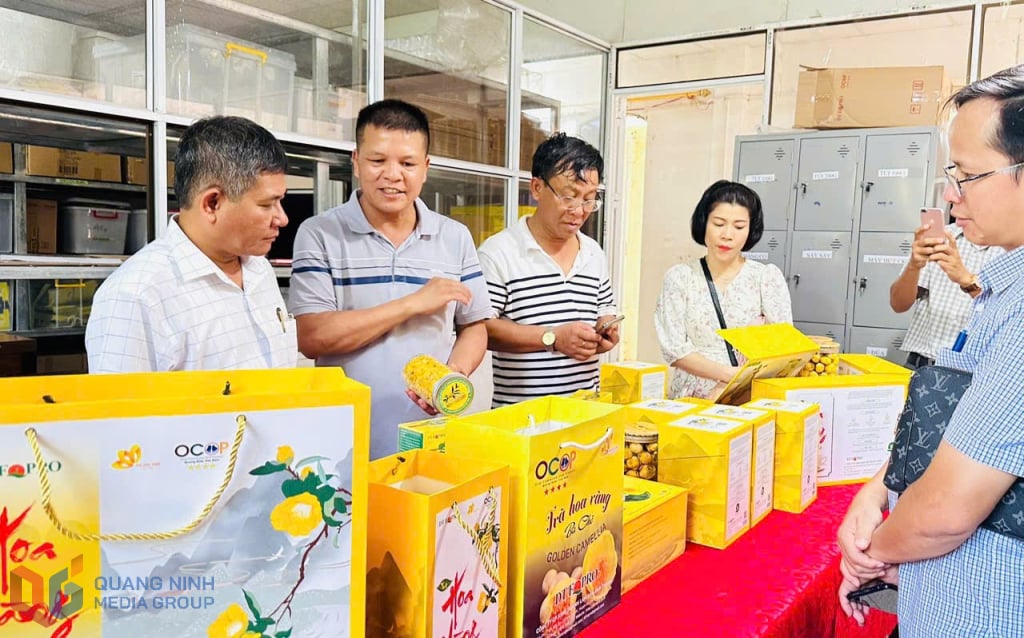
People's lives are increasingly improved; production support policies are effective; rural areas that previously faced many difficulties and obstacles now have new development opportunities from meeting the urgent needs of people in life, labor and production. Typically, Binh Lieu district has a mountainous terrain, which is difficult in terms of transportation as well as farming conditions. To solve the difficulties of the people, Binh Lieu district has directed the survey, research on the terrain and developed a plan to build a dam and canal system to provide water for people to produce agriculture. In 2024 alone, the district will build 18 dam and canal projects, including 8 dams and 10 canals in disadvantaged villages, such as Song Mooc, Na Choong, Na Ang, Ngan Vang Duoi, Na Khau... Irrigation water is guaranteed to reach the fields, people are excited when the cultivated area has higher productivity. Not only focusing on investing in intra-field canals, up to now, Binh Lieu has 100% of communal roads, village roads, and inter-village roads concreted; 100% of communes have car roads to villages and hamlets; 100% of schools meet level 1 and 2 infrastructure standards; 100% of medical stations meet national standards...
In Ha Long City, along with mobilizing resources, the city always pays attention to clean water projects for highland communes. In 2024 alone, the city started 4 centralized water supply projects with a total capital of more than 200 billion VND, to ensure a stable supply of clean water for about 4,000 households in 10 communes, making the city the locality with the largest budget in the province for bringing clean water to people in highland areas. In 2025, among 60 key projects and works to welcome Party congresses at all levels, the project group to bring clean water to 10 highland communes is a group of projects with high difficulty with a pipeline volume of up to 250km, spanning 10 communes of Ha Long City. Currently, the projects are being urgently constructed according to schedule. Ms. Nguyen Thi Gai (Dong Ho village, Son Duong commune, Ha Long city) excitedly said: In the commune, there are many newly invested and built projects such as schools and police headquarters. Recently, the clean water supply project for our people was also completed, every household is excited because they no longer worry about the lack of water for daily use and feel more secure when using water to ensure health every day...
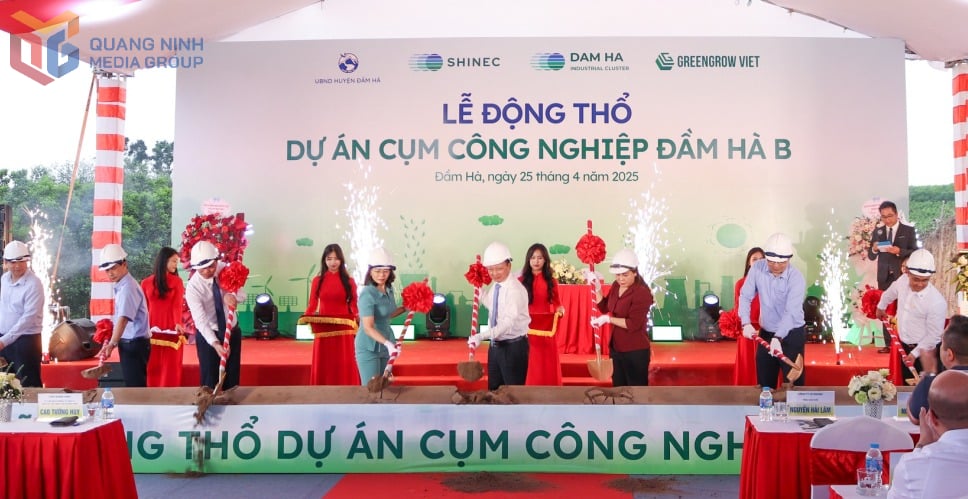
Quang Ninh has many potentials and advantages, especially cultural identity, nature, and unique people. This is also a unique and attractive tourism product that attracts tourists to visit and learn. With the attention and orientation of the province, along with the efforts of localities, the cultural identity of ethnic minorities has become tourism products. Some localities such as Ha Long, Mong Cai, Dong Trieu, Binh Lieu, Ba Che, Tien Yen, Van Don have developed community tourism models, creating unique tourism products.
Many localities have concretized policies and effectively implemented tasks and projects, such as: Developing sustainable tourism associated with poverty reduction and socio-economic development in Binh Lieu district; piloting the construction, preservation and promotion of the cultural identity values of 4 ethnic minority villages associated with the development of community tourism in the mountainous areas of Quang Ninh province, period 2023-2025; preserving and promoting the values of folk songs, dances and music of ethnic minorities associated with tourism development in the period 2021-2030; preserving, restoring and promoting ethnic sports in the province; improving the efficiency of the system of grassroots cultural and sports institutions...
Typically, Dam Ha district preserves and promotes traditional cultural values of ethnic minorities, such as: Developing community tourism and establishing ethnic costume sewing and embroidery clubs; organizing programs to San Co region to attract people and tourists to participate in order to stimulate tourism; collecting and restoring some typical rituals of ethnic minorities, developing ethnic sports; implementing models of Ba Nhat Market and Cau Tinh culinary area, community tourism in Tam Lang village, happy village in Mao San Cau village...
As for Ba Che district, with its rich and diverse culture, it has brought the locality valuable resources of tangible and intangible culture, especially cultural festivals, creating unique marks that need to be continued to be preserved and developed. Special festivals are being preserved and maintained effectively, such as: Lang Da Communal House Festival, Ong Temple - Ba Temple Festival, Ban Vuong Festival, San Chay Ethnic Cultural Festival, Dong Chuc Communal House Festival, Going to the Field Festival...
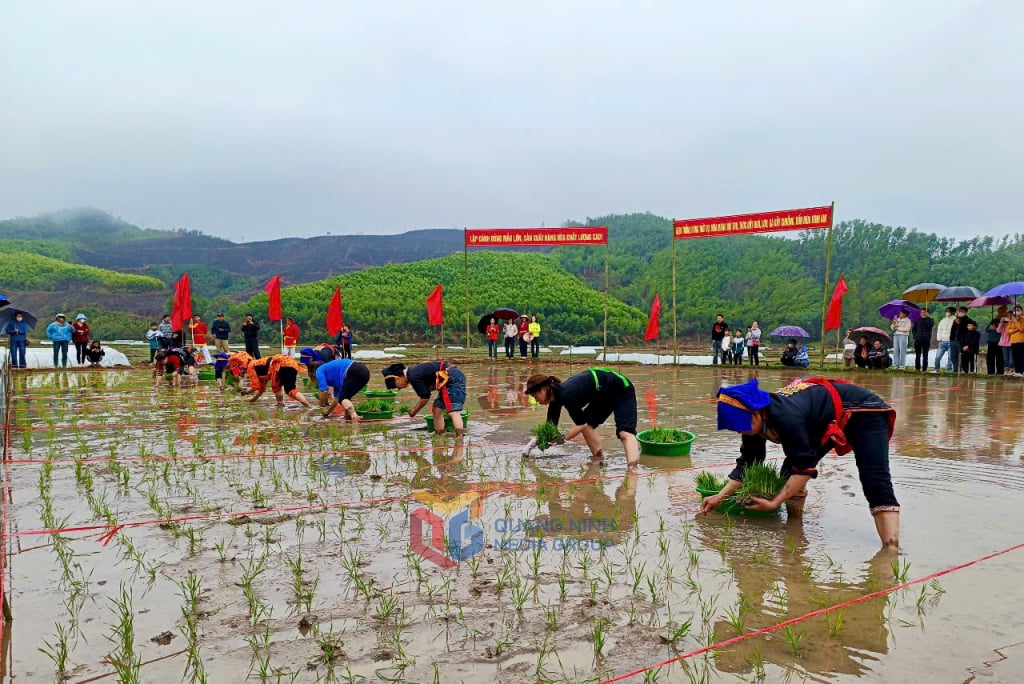
The province also has many policies to encourage and support people to preserve, conserve and promote traditional cultural values among ethnic minorities. Currently, the province has 630 historical - cultural relics and scenic spots. In addition to outstanding tangible cultural heritages, the province also has 362 intangible cultural heritages, of which 12 intangible heritages are included in the list of national intangible cultural heritages...
Implementing Resolution No. 06-NQ/TU, the province has completed many cultural, social and human development goals for the entire 2021-2025 period, contributing to significantly improving the quality of people's lives. By the end of 2024, the average income per capita in communes and towns in ethnic minority and mountainous areas, border areas and islands of the province will reach 83.79 million VND/person/year (an increase of 40.090 million VND/person/year, 1.9 times higher than in 2020).
Efforts for the next phase
Quang Ninh aims to complete the objectives of the National Target Program on Socio-Economic Development in Ethnic Minority and Mountainous Areas by 2030 according to Resolution No. 88/2019/QH14 (dated November 18, 2019) of the 14th National Assembly on approving the Master Plan on Socio-Economic Development in Ethnic Minority and Mountainous Areas for the 2021-2030 period; Resolution No. 120/2020/QH14 (dated June 19, 2020) of the 14th National Assembly on approving 22 investment policies of the National Target Program on Socio-Economic Development in Ethnic Minority and Mountainous Areas for the 2021-2030 period and the Central Government's directions, in accordance with the requirements and practical situation of Quang Ninh. In particular, focusing on basically completing the targets set out in the national goals on sustainable development by 2030; continue to narrow the gap between rich and poor, regional and local differences in the province; communes no longer have poor households according to the province's multidimensional poverty standards; 100% of newly escaped poverty households that are eligible and in need of loans have timely access to policy credit sources; communes in ethnic minority and mountainous areas, border areas and islands of the province have a synchronous, modern, interconnected, comprehensive socio-economic infrastructure system, conveniently connected with the province's developed areas; 100% of communes in ethnic minority and mountainous areas, border areas and islands of the province meet advanced NTM standards.
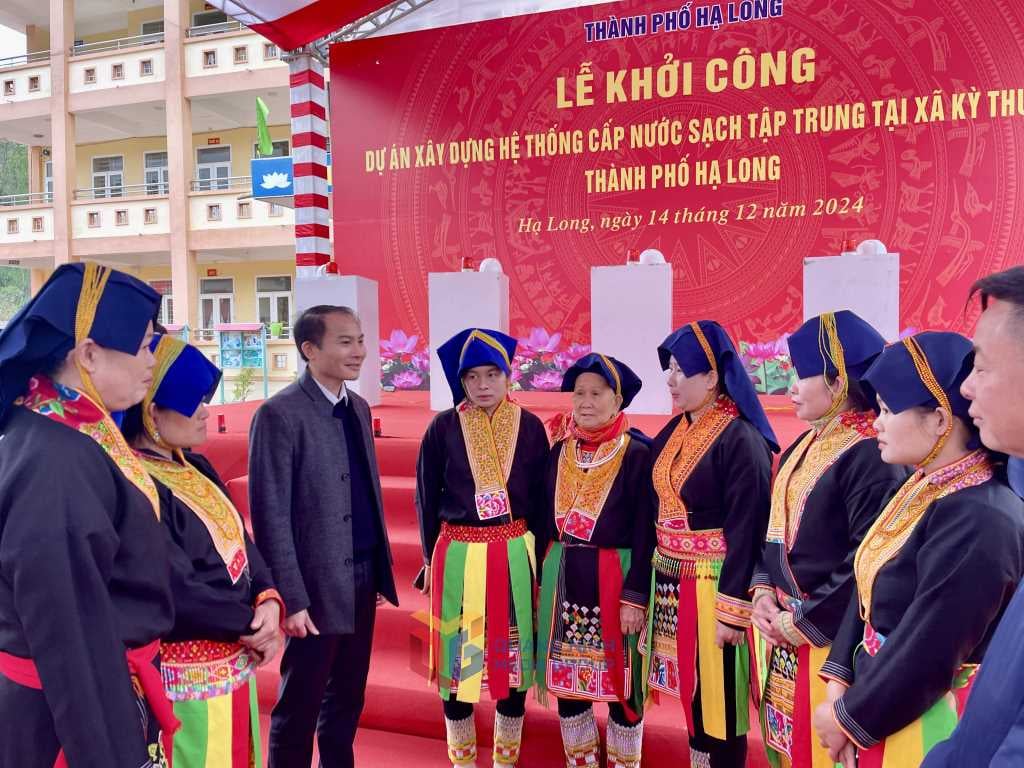
At this time, Quang Ninh province is resolutely implementing the work of restructuring the apparatus. After completing the restructuring of the apparatus of the political system, restructuring administrative units according to the direction of the Central Government and the Politburo, Quang Ninh province has consolidated the organization and improved the operational efficiency of the Steering Committee for the implementation of national target programs in conjunction with the implementation of Resolution No. 06-NQ/TU and the advisory agency assisting the Steering Committee at the provincial and grassroots levels. At the same time, it has developed a project to concretize and implement the National Target Program for Socio-Economic Development in Ethnic Minorities and Mountainous Areas, Phase II (2026-2030) in conjunction with the implementation of Resolution No. 06-NQ/TU.
In particular, focusing on developing production, restructuring production in association with the potential and advantages of each region; organizing the implementation of models, projects, and plans to support production development, especially models and projects linking production, processing and consumption of agricultural products in localities to create livelihoods and sustainable income sources for people. At the same time, analyzing the income structure of people based on the results of the survey of household income in ethnic minority and mountainous areas to develop solutions to increase income for people in the period of 2026-2030.
The province will review and thoroughly handle the overlapping situation in the planning of 3 types of forests, forest land and forestry disputes between households and organizations assigned to manage, care for, protect and use forests; increase the area of forests with forest certificates and convert from production forests to landscape forests, protection forests and special-use forests. To develop sustainable aquaculture, the province focuses on completing the allocation of aquaculture sea areas according to the planning and implementing solutions to promote aquaculture development and seafood exploitation in areas with advantages in ethnic minority and mountainous areas.
According to the Department of Agriculture and Environment, as of May 23, the district level in the province has received 686 dossiers, completed the assignment of sea areas to 613 individuals and is completing procedures for 73 individuals under its authority; the province has received 4 dossiers of sea allocation under its authority, of which 1 dossier has been assigned sea areas and 3 dossiers are being appraised. Regarding the licensing of marine aquaculture, 16 dossiers have been received and consulted, of which 11 dossiers have been licensed, 2 dossiers are being reported to the Standing Committee of the Provincial Party Committee, and 3 dossiers are being consulted by the sectors. At the meeting of the Provincial People's Committee on May 24 to listen to reports on the progress of licensing and assignment of sea areas for aquaculture, Vice Chairman of the Provincial People's Committee Nghiem Xuan Cuong requested: Localities, departments and sectors concerned to urgently complete the procedures for sea allocation. For the dossiers of established cooperatives and enterprises, they must be urgently submitted before June 30, 2025 and the specialized agencies must provide maximum support to promptly complete and submit to the Provincial People's Committee for approval. The Department of Agriculture and Environment advises the Provincial People's Committee to launch a peak period of construction, complete and submit to the Provincial People's Committee for approval of the dossiers of qualified cooperatives and enterprises; update the handbook on implementing the procedures for handing over the sea for aquaculture and widely publicize it on platforms for organizations, individuals and specialized agencies of localities to access and grasp information on the order, procedures, and sample dossiers in preparing dossiers for handing over the sea for aquaculture. Localities proactively develop criteria for selecting and attracting investors to the marine farming areas in the area to promote marine farming activities.
In addition, continue to prioritize infrastructure development, especially infrastructure serving production development; invest in irrigation infrastructure serving production development, focus on renovating and upgrading degraded irrigation works; invest in, renovate and upgrade rural traffic routes in ethnic minority and mountainous areas that have degraded and have not met the requirements for circulation and regional and intra-regional connectivity; renovate and upgrade centralized and decentralized domestic water works to maintain and increase the proportion of ethnic minority and mountainous people using clean water according to medical standards. At the same time, continue to invest in and upgrade educational, medical, cultural, commercial infrastructure, etc. to serve to improve the quality of life of ethnic minority and mountainous people...
The total capital demand for implementing the national target of socio-economic development in ethnic minority and mountainous areas in phase II is estimated at 4,500 billion VND, of which public investment capital is 4,000 billion VND; career capital is 200 billion VND; capital to support production development, entrusted through the branch of the Bank for Social Policies to lend for production development is 300 billion VND.
Source: https://baoquangninh.vn/nghi-quyet-so-06-nq-tu-dong-luc-cho-giai-doan-moi-3359625.html


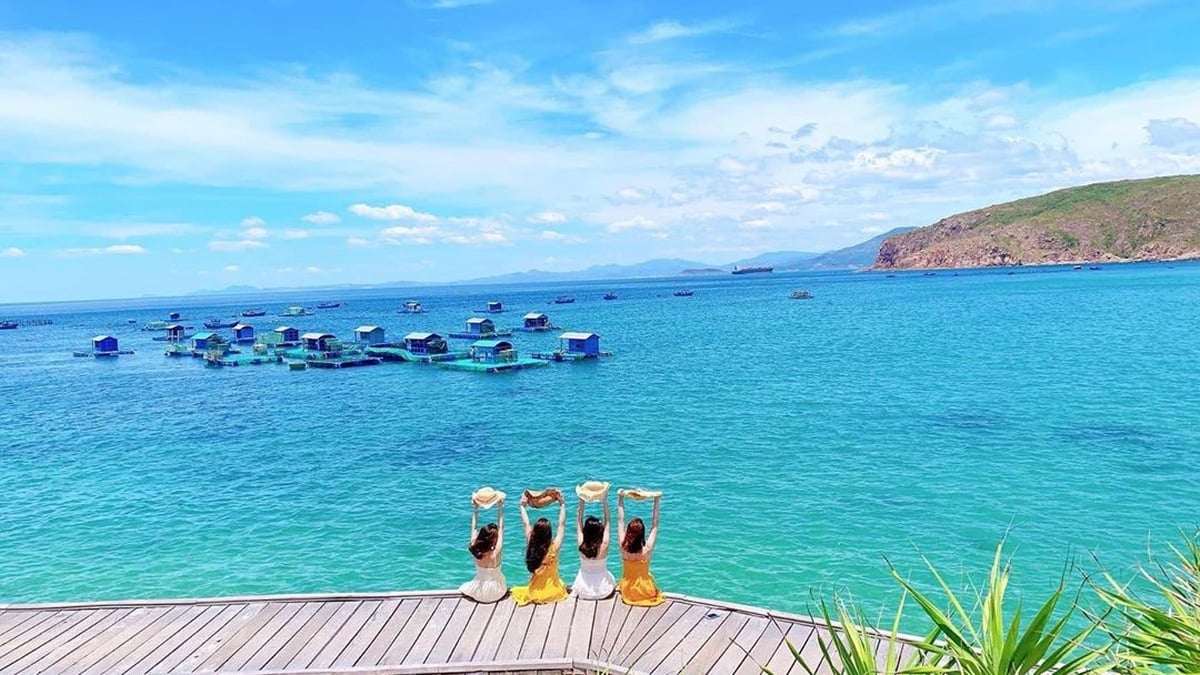


![[Photo] Pink ball and table tennis](https://vphoto.vietnam.vn/thumb/1200x675/vietnam/resource/IMAGE/2025/5/26/d9f770bdfda243eca9806ea3d42ab69b)
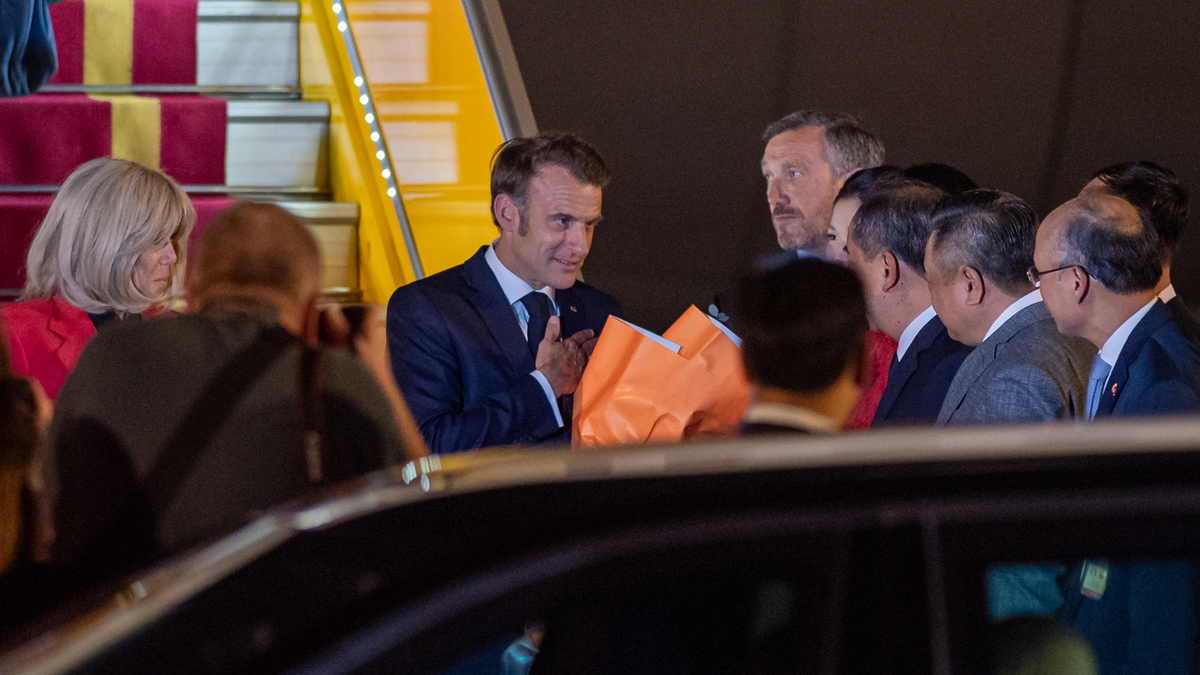
![[Photo] French President Emmanuel Macron and his wife begin state visit to Vietnam](https://vphoto.vietnam.vn/thumb/1200x675/vietnam/resource/IMAGE/2025/5/25/03b59c7613144a35ba0f241ded642a59)


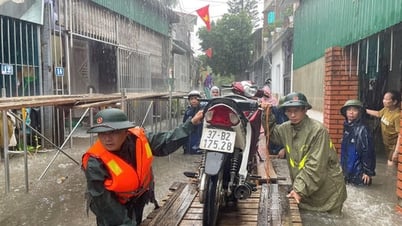

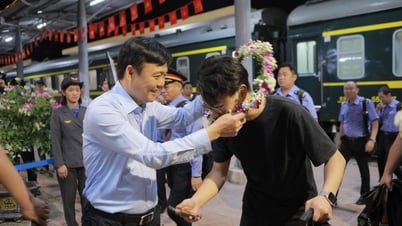

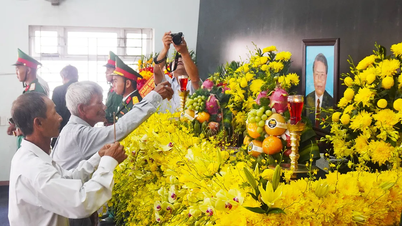

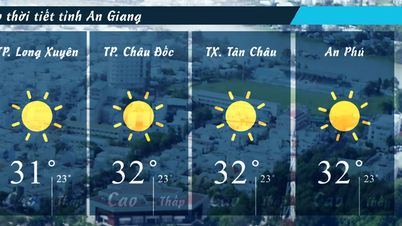

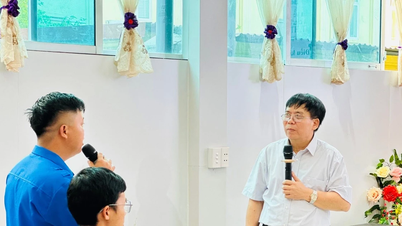





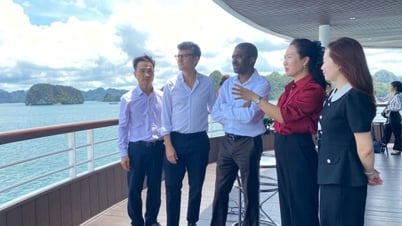
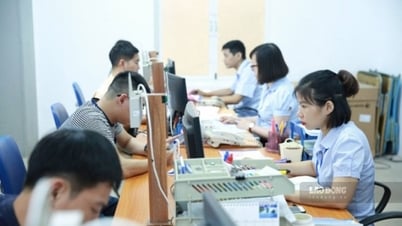
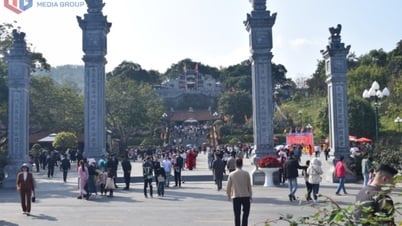
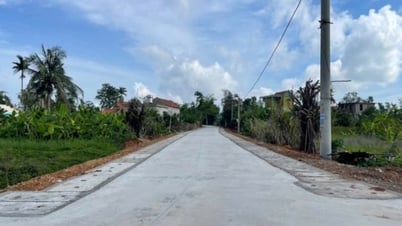
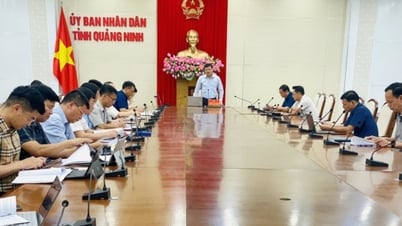
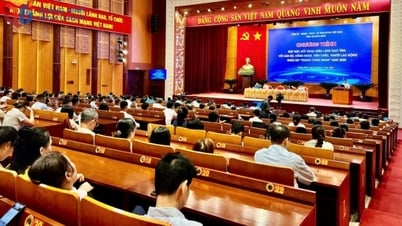
![[Photo] Funeral of former President Tran Duc Luong in Quang Ngai](https://vphoto.vietnam.vn/thumb/1200x675/vietnam/resource/IMAGE/2025/5/25/ccf19a3d8ea7450bb9afe81731b80995)
![[PHOTO] Hanoi fences off demolition of "Shark Jaws" building](https://vphoto.vietnam.vn/thumb/1200x675/vietnam/resource/IMAGE/2025/5/25/1b42fe53b9574eb88f9eafd9642b5b45)
![[Photo] Ea Yieng commune settlement project abandoned](https://vphoto.vietnam.vn/thumb/1200x675/vietnam/resource/IMAGE/2025/5/25/57a8177361c24ee9885b5de1b9990b0e)
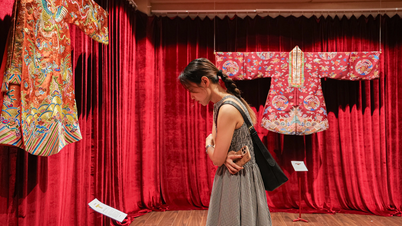









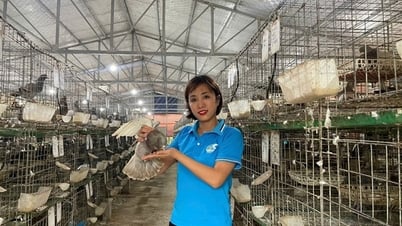

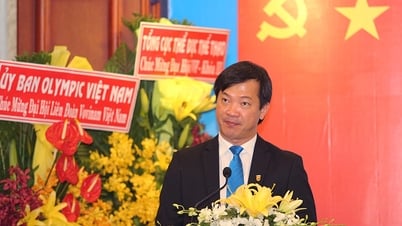

















![[Infographic] Vietnam-France Comprehensive Strategic Partnership](https://vphoto.vietnam.vn/thumb/402x226/vietnam/resource/IMAGE/2025/5/26/986f63068ea9413dbbb558ee6c6944f3)


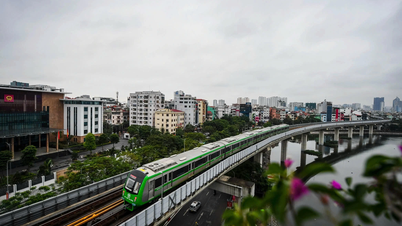


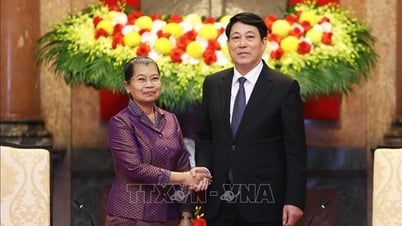

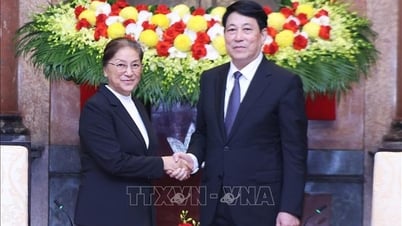





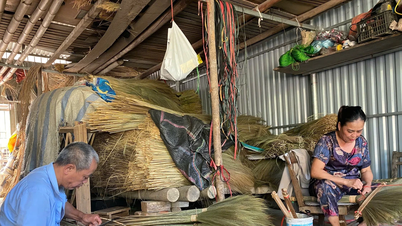
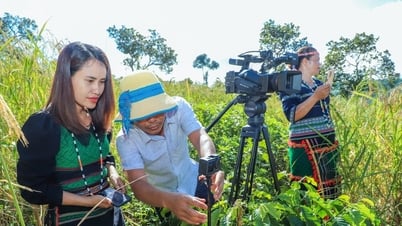

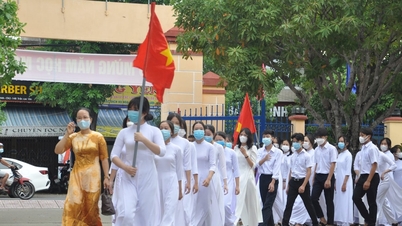

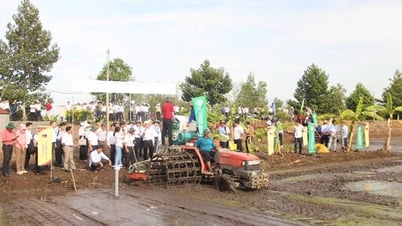


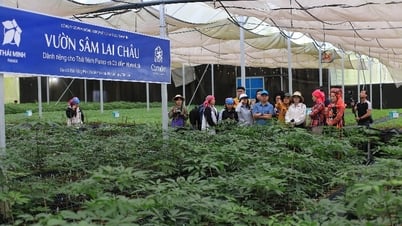



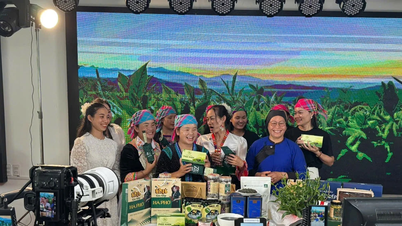






Comment (0)